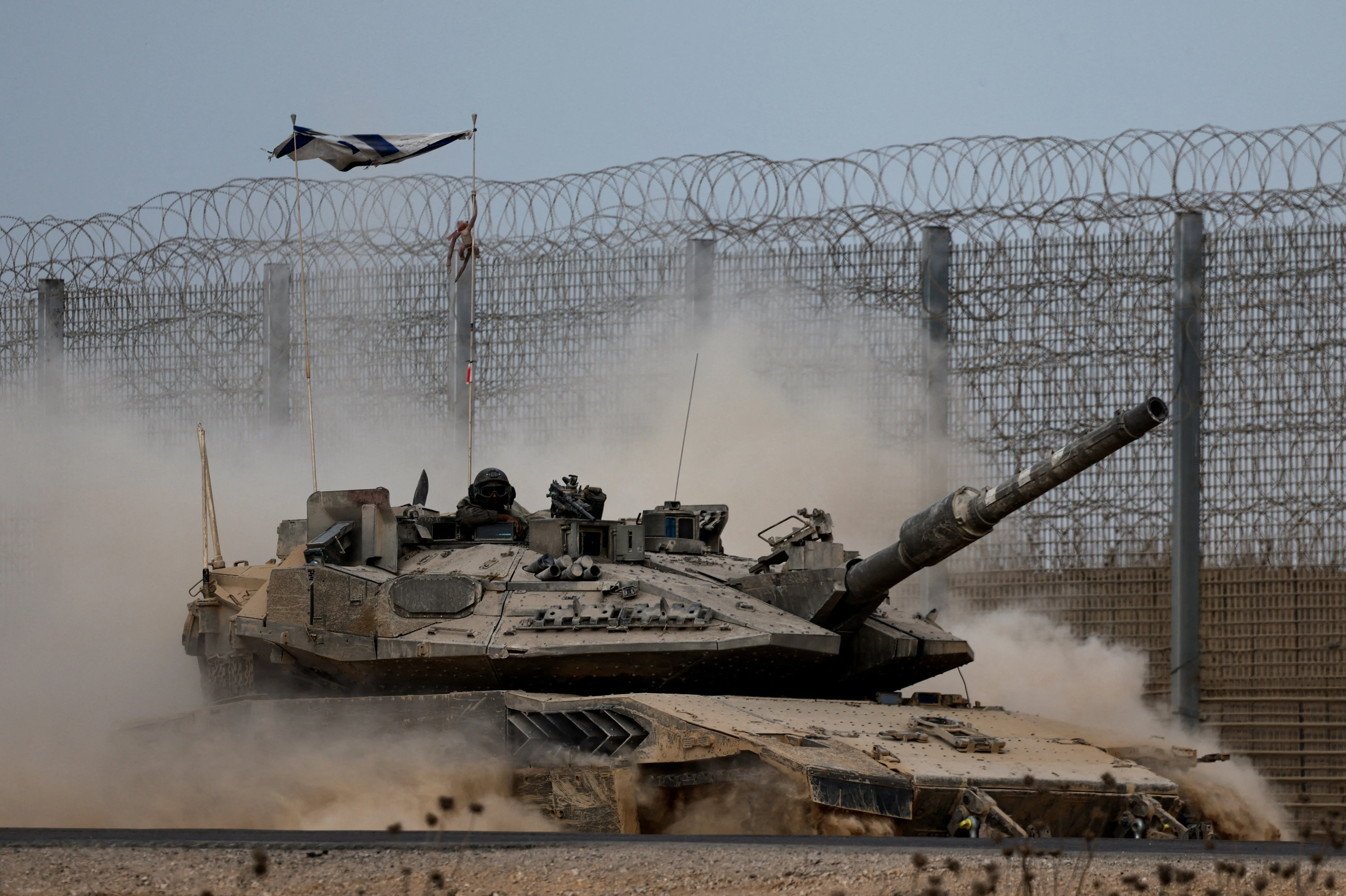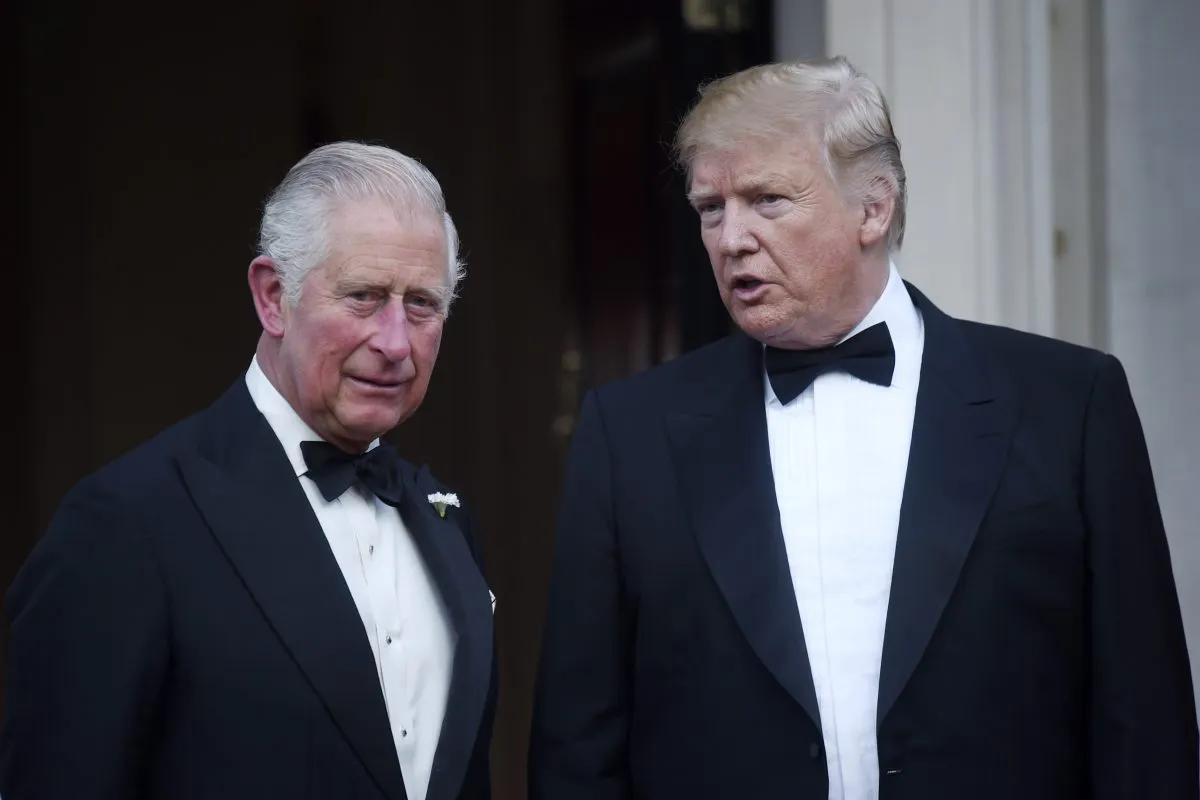By Bloomberg
Copyright scmp

Amid scenes of destruction and hunger in Gaza and this week’s bombing in Qatar, frustrated European leaders are threatening sanctions on Israel and rethinking ties to their longtime ally.
But for all their outrage – including a push for Palestinian statehood and some limited curbs on arms sales – one area they have not touched is Israel’s multibillion-dollar defence industry. European armies are the biggest customers of Israeli-made weapons and defence systems, buying US$8 billion worth last year, or just over half of exports, and demand is only likely to grow.
Prodded by US President Donald Trump, Nato members in Europe have committed to step up their defence-related spending to 5 per cent of GDP annually by 2035, versus a 2 per cent requirement that has been in place since 2014, a drive that has taken on more urgency since Russia’s invasion of Ukraine in 2022.
That may be hard to achieve without Israel, whose three biggest defence companies are deeply integrated into their economies and military supply chains.
“Sentiment towards Israel may be negative but customers in Europe and elsewhere are looking to buy the best possible products and there is no way around the fact that Israeli systems are combat proven,” said Elad Kraus, head of Research at Tel Aviv-base based Meitav Brokerage Services Ltd.
“It would be hard to pressure Israel through its defence industries with global demand through the roof.”
Israel’s three defence giants – Elbit Systems Ltd., Rafael Advanced Defence Systems Ltd. and Israel Aerospace Industries (IAI) – don’t just sell to Europe; they have operations on the ground via subsidiaries and partnerships with local companies. Regardless of public opinion against Israel, the continent is likely to continue buying the country’s products, according to two senior Israeli defence officials who spoke on the condition of anonymity.
That dependence complicates the European effort to persuade Israel to end or at least pause its campaign in Gaza, which started after the deadly invasion by Hamas militants from the Palestinian territory in October 2023. Israel’s offensive has since destroyed much of the strip, displacing almost all of its 2 million people, while a United Nations-backed body has declared a famine in parts of the territory following a three-month Israeli aid blockade.
Demonstrations have taken place across the West against Israel’s conduct in the war, with some specifically calling out the country’s defence contractors. European factories owned by Israeli defence companies have been vandalised, including Elbit’s plant in Ulm, Germany.
Incidents at Elbit operations in the United Kingdom have been attributed to protest group Palestinian Action, which Prime Minister Keir Starmer’s government proscribed as a terrorist organisation in July. That has led the Israeli company to keep some of its EU locations under wraps.
Elbit operates 40 subsidiaries worldwide, at least half of which are in Europe, according to a spokesperson. Facilities in the UK, the Netherlands and Romania were all recently expanded due to growing demand. The Haifa-based company employs about 2,000 workers across the continent, or about 10 per cent of its workforce, and operates a flight school in Greece that trains cadets from multiple European Union countries.
Last year, Elbit’s sales to Europe doubled versus 2021 to US$1.8 billion. In August, the company announced the largest deal in its history – a US$1.6 billion contract with an unnamed European country over a five-year period.
Israeli state-owned Rafael – known for its missile-defence systems Iron Dome and laser-based Iron Beam – sells and manufactures missiles through German joint venture Euro Spike GmbH, in partnership with Diehl Defence and Rheinmetall Group. Last year, Rafael’s revenues were split halfway between domestic and global markets, with Europe accounting for 45 per cent of its international sales.
Rafael is working to establish more joint ventures in Germany: Euro Dome – for the Iron Dome missile defence system, and Euro Spyder – for its short-to-long-range mobile air defence system, according to one of the defence officials.
German Chancellor Friedrich Merz’s decision last month to ban shipping weapons that could be used in Gaza showed how much European opposition to Israel’s conduct is growing. But the restrictions – which covered spare parts for tanks and other defence-related goods – applied only to exports rather than imports or other collaborations.
The impact was diluted further this week with the emergence of German plans to purchase three Heron drones from Israel for nearly €1 billion (US$1.2 billion).
Still, there has been some pushback to the arms trade bonanza.
Two Israeli officials told Bloomberg that recently, some European foreign ministries had been asking purchasing managers to hold off buying from Israel until there is a ceasefire in Gaza. The UK blocked Israeli government officials from attending a flagship defence exhibition in London this month, and Israeli weapons makers have been barred from one of the world’s biggest aerospace expos in the United Arab Emirates in November.
One Israeli defence ministry official, who requested anonymity discussing matters he was not authorised to speak on publicly, said his counterparts in Europe were telling him to finish the war so it would be easier for business to continue.
A senior executive at one of Israel’s biggest defence companies, also speaking on condition of anonymity, said an increasing number of European customers were asking for talks about future orders to be kept under wraps. But a second senior executive argued that procurement processes were lengthy and would not be affected by what he described as a temporary problem.
Another Israeli government-owned firm, IAI, the co-developer and maker of the Arrow aerial defence system, derived two thirds of last year’s revenue last year from foreign sales. The company’s largest ever deal was the sale of the Arrow 3 system to Germany in 2023 for about US$4.3 billion.
Like Elbit and Rafael, IAI is seeking to expand its European on-ground operations. Last year, it acquired Greek Intracom Defence “to strengthen business capabilities in Greece and in Europe”, according to a company statement.
“Despite the global uproar against Israel, the pace of orders from Rafael has risen year on year,” Chief Executive Officer Yoav Tourgeman told Israeli business newspaper Calcalist on August 28. “Not a single project nor an order was cancelled. Even if some of the projects have slowed down a bit, I estimate that if we end the war in Gaza, we will return to normal very quickly.”



